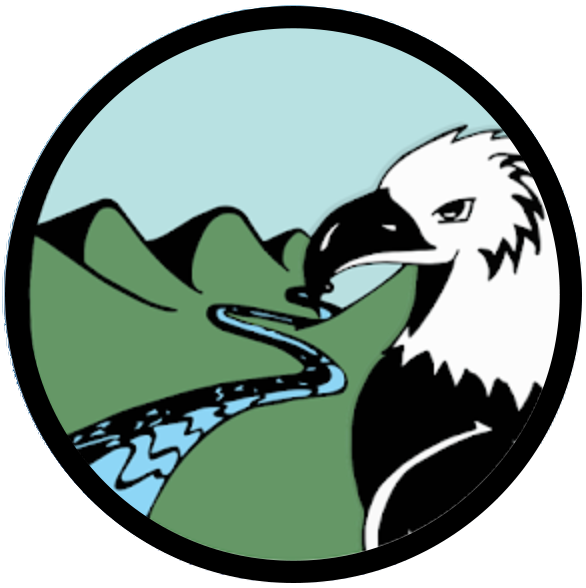Proficiency Based Learning or Proficiency Based Education (PBE) are new-ish names for what teachers in Special Education have been doing for a long time. After going through a process to qualify them for special education services, we develop Individual Education Plans (IEPs) for students who are not making progress at the same rate as their general education peers. Those IEPs contain measurable goals and objectives. Those goals and objectives are drawn directly from the current learning standards. In the recent past that was the Maine Learning Results, now it’s the Common Core.
The whole concept of special education services is to identify missing skills, whether those skills are behavioral, social or academic; and provide training in as many different modes as necessary for the student to learn and demonstrate the skill. We develop and use rubrics to measure progress on these targeted skills and then, when the student demonstrates mastery through any number of means such as a presentation, discussion, project or even a test, we move on to the next targeted skill.
These targeted lessons can be in any of the content areas. Targeted lessons in social studies or science are less likely, but do occur, especially in areas of biology and chemistry, at least at the middle school level. The targeted lessons are just that- a quick lesson on a skill that a student doesn’t consistently demonstrate. It can be a lesson on adding fractions (thank goodness for Khan Academy) or on tense use in writing, or on acceptable topics to bring up with peers at lunch (PBIS.org is a GREAT resource for targeted social skills and executive function lessons). Teachers conduct frequent check-ins to test skill mastery and once the student is demonstrating the targeted skill across the required environments, we move on.
There are multiple ways that students can demonstrate mastery of a targeted skill in a special or regular education setting. Students can demonstrate a social skill in any situation that calls for it. If they consistently demonstrated this skill across most environments and groups they would be scored a 3 and the skill is considered mastered. Students can demonstrate mastery of a math skill such as adding fractions in a test on Khan Academy, on a poster explaining the algorithm, in a slideshow, or a discussion (or multiple other ways). Students can demonstrate an understanding of the causes of World War 1 by discussing the issues that Archduke Franz Ferdinand caused that led to his assassination, or a slide show, or, or, or...
If one of my students demonstrates mastery of a social skill, we would meet to consider the next social skill to tackle from a prioritized, previously determined list of skills the student needs in order to increase their social efficacy and resilience. Sound familiar? It should. These specialized lists are just individualized versions of the standards each and every student is meant to work on through school.
In a PBE environment teachers use systems to track student progress. These systems allow the teacher and the student to know what the student has mastered and what comes next. The teacher in a PBE environment needs the same ability to assess for present and missing skills or concepts, prioritize the needs and address them as a special education teacher does. The skills needed to address any gaps in learning are the same whether one teaches students in a resource room or the regular education classroom.
All of the regular education teachers in my school track student progress using JumpRope. Several teachers at both the elementary level and the middle school level group and regroup to provide targeted workshops on missing skills. They also use programs such as MobyMax and Khan Academy to provide targeted instruction to a smaller group or individuals. Teachers and students develop performance rubrics so everyone knows what the expected outcome looks like and teachers can provide specific feedback on standards. Teachers can insert a targeted lesson at any point when needed using the appropriate medium- face to face direct instruction, teacher-recorded videos, a printed resource, a computer app or program, the possibilities are as endless and flexible as the teacher desires. Students who aren’t meeting the targets are no longer moved along when the class moves along - instruction and learning are individualized, just as they are in special education settings.
Teachers provide multiple pathways for students to demonstrate mastery. In many classrooms it’s difficult to tell the special education classrooms apart from the regular education classrooms, especially at the younger levels. There is student responsibility and accountability, students are grouped and regrouped according to skills that need to be targeted and learning is celebrated.
Sally Allen is a Special Education Teacher at Whitefield Elementary in RSU 12 in Maine

